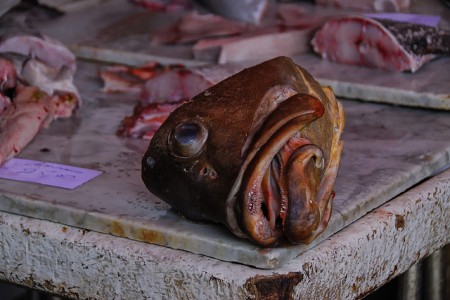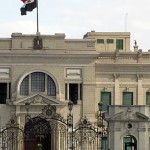
This weekend, the annual meetings of the International Monetary Fund (IMF) and the World Bank Group take place with a focus on the world economic outlook, poverty eradication, economic development and aid effectiveness. The meetings are convened in a situation of escalating disputes about the sustainability of the international monetary system and fears of a coming currency devaluation war.
Dominique Strauss-Kahn, the director of the IMF, warns that the willingness to use currencies as a political weapon is growing in a short-sighted attempt to boost a nation’s economy, better known as “beggar thy neighbor” policy. Primarily China with its policy of keeping the Yuan artificially cheap vis-à-vis the dollar and the euro is seen as the main trigger of the current situation. But also the US policy of keeping interest rates at a long-time low adds to long-standing imbalances of the international monetary system.
It will be interesting to see whether the IMF and the World Bank, both cornerstones of the Bretton Woods system and as such deeply interwoven with the shaken monetary system, can facilitate the adaption to the changing realities not only in the realm of monetary economics.
Explore our content holdings on the IMF and the World Bank Group, today’s keywords in focus. Some highlights include:
- A Chatham House paper on rethinking the international monetary system
- A CIS paper on the impact of World Bank and IMF programs on democratization in developing countries
- A PISM paper on the IMF’s review of its anti-crisis package
- A CEPR paper on the IMF’s support package for Greece
- A CGD paper on a new World Bank financing model for emerging economies
- A CGD paper on the World Bank’s black box allocation system




